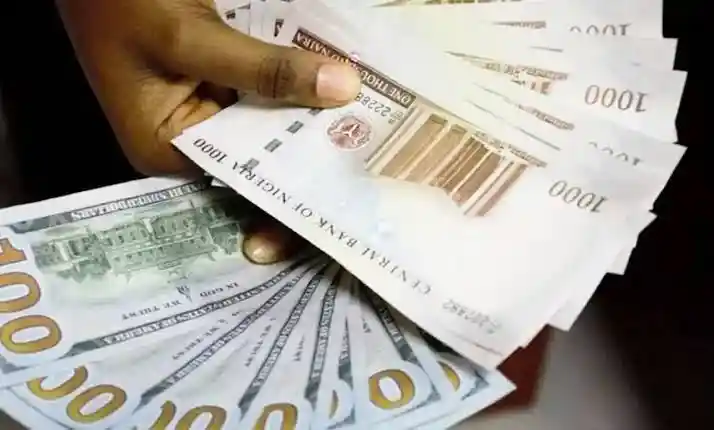The Nigerian foreign exchange market has continued to experience volatility, with the naira trading at varying rates across the official and parallel (black market) markets. As of Tuesday, September 9, 2025, the black market exchange rate shows the naira trading at an average of ₦1,525 to the dollar, according to multiple market sources and forex trackers.
TJ News Nigeria reports that the parallel market, popularly known as the “aboki” or street exchange market, remains the preferred choice for many Nigerians due to persistent foreign currency shortages in the official market. The widening gap between official rates and black market rates has fueled demand for dollars in informal trading hubs across Lagos, Abuja, Port Harcourt, and other major cities.
Current Black Market Dollar to Naira Rates
Data gathered from leading forex monitoring platforms shows the following rates:
- NairaToday: Buy – ₦1,510 | Sell – ₦1,525
- Aboki Forex: Buy – ₦1,510 | Sell – ₦1,510
- NGN Rates: Buy – ₦1,515 | Sell – ₦1,530
- TalentBase.ng: Buy – ₦1,510 | Sell – ₦1,525
Based on these figures, the average black market buying rate is ₦1,510 – ₦1,515, while the selling rate hovers between ₦1,525 – ₦1,530 per U.S. dollar.
Comparison with Official Market Rates
The Central Bank of Nigeria (CBN) and the Nigerian Autonomous Foreign Exchange Market (NAFEM) continue to publish lower rates compared to the black market. As of Tuesday morning, the official rate averaged around ₦1,475/$1, according to data from authorized dealers.
This discrepancy between official and parallel market rates remains a major driver of speculative activity, with importers and individuals sourcing foreign exchange from informal traders due to liquidity challenges at commercial banks.
Market Factors Driving the Naira’s Performance
Several factors continue to put pressure on the naira in 2025:
- Foreign Exchange Demand: Persistent demand for dollars by businesses, travelers, and importers has outpaced supply.
- Inflation and Cost of Living: Nigeria’s high inflation rate has contributed to reduced purchasing power and increased demand for stable foreign currencies.
- Oil Revenue Fluctuations: Lower global oil prices and reduced output have impacted Nigeria’s foreign reserves, limiting dollar supply.
- Speculative Trading: Forex traders and speculators continue to take advantage of market volatility to profit from arbitrage opportunities.
Implications for Businesses and Consumers
- Import Costs: Businesses relying on imported goods face higher costs due to elevated exchange rates, leading to increased prices for consumers.
- Travel Expenses: Nigerians traveling abroad are spending more on foreign currency purchases.
- Investment Impact: Currency instability affects investor confidence, particularly in sectors requiring foreign capital.
